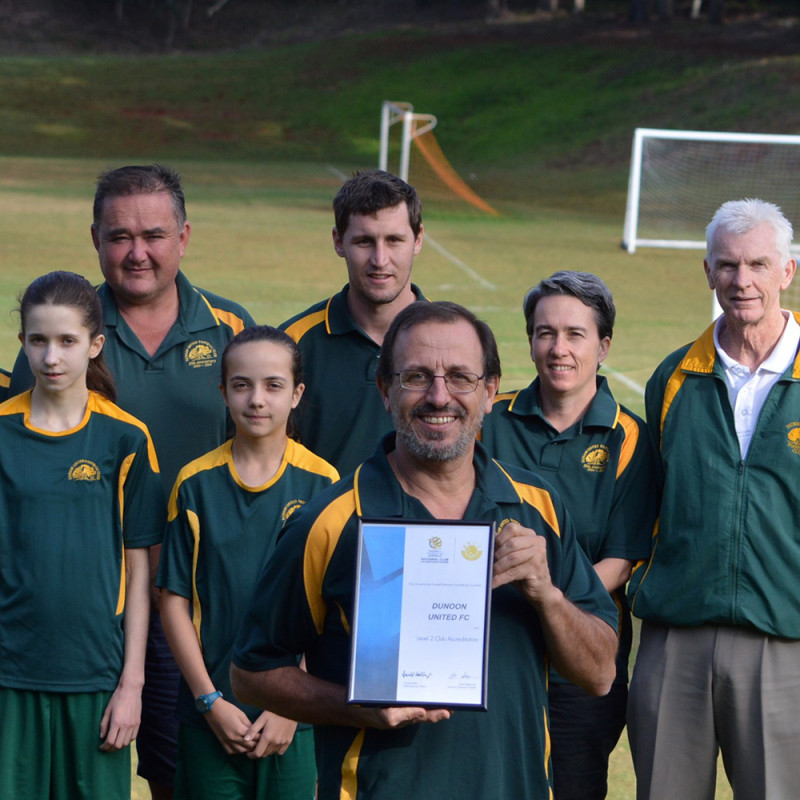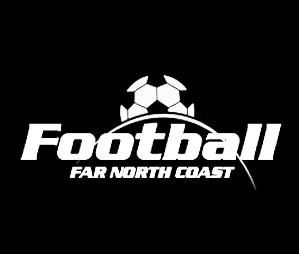Football Far North Coast (FFNC) community club Dunoon United FC has become the 12th club from over 228 across Northern NSW to achieve Level Two Accreditation from Football Federation Australia. The club joins fellow FFNC club Alstonville FC is reaching this milestone.
The overall aim of the National Club Accreditation Scheme (NCAS) is to raise standards and to recognise and reward quality clubs, which ultimately contributes to quality football experiences for players, volunteers and parents.
Northern NSW Football’s (NNSWF) Community Football Manager Peter Haynes endorsed the role that clubs play the key role in the development of football in Australia.
“The National Club Accreditation Scheme is aimed at raising the overall standard of club administration at all levels of the game by implementing a model that identifies and recognises best practice in all areas of club administration,” Haynes said.
“Similar programs and initiatives have been delivered by a number of National Sporting Organisations in Australia, as well as by the Football Association in the United Kingdom and other major European football nations.”
NNSWF’s Major Partner in Community Football, Newcastle Permanent, also applauds Dunoon United’s achievement.
“Newcastle Permanent is proud to support community football across Northern NSW and it is great to be able to recognise the efforts of clubs going the extra mile to provide the community and their players a quality football experience,” David Parker Newcastle Permanent Branch Lending Manager Ballina said.
Dunoon United Football Club president Rob Gatt said that the club is exceptionally proud of this achievement.
“The process of achieving Level Two Accreditation has helped us take a closer look at the club and really focus on what is important to the club,” Gatt said.
“Looking at our strategic objectives to meet our mission has been a really valuable process.
“Developing our commitment to coaches and female participation as a result of the accreditation process has had a positive impact including more participation generally and an increase in female participation numbers.”
Gatt also highlighted the benefits of social interaction through football, saying, “this process has helped us to recognise the benefits of participation, both for the club and broadly within the community, with the concept of winning a particular game or trophy being secondary to the holistic benefits of the sporting activity.
“Whilst I understand the day to day challenges of running a volunteer-based football club is difficult, I can honestly say that I believe the extra effort has been worth it for our club and I would encourage other clubs to consider it. I think the process is good for clubs and definitely good for our game,” Gatt concluded.







